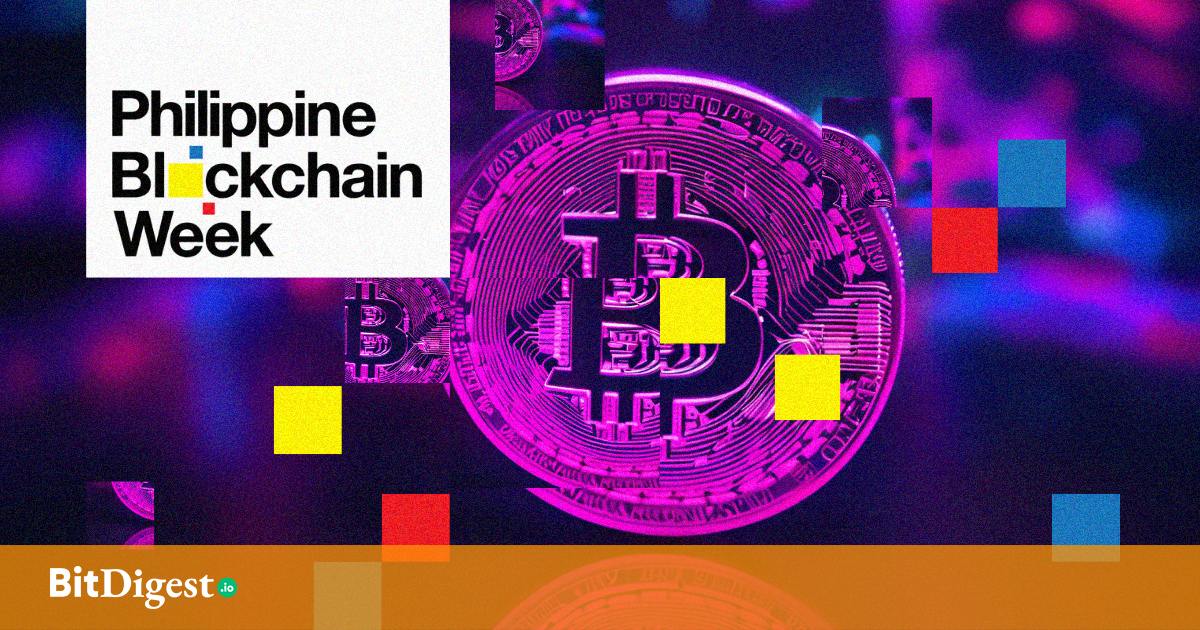Binance Suspends Employee Over Insider Trading: Why Ethical Trading Matters
Binance, one of the world’s largest cryptocurrency exchanges, has suspended an employee from its Binance Wallet team following an internal investigation into alleged insider trading.

What Is Insider Trading?

Insider trading occurs when individuals use confidential information to trade assets before the public is aware of market-moving events. While it is commonly associated with stock markets, insider trading is also a growing problem in the crypto space.
In traditional finance, insider trading is strictly regulated and considered illegal. However, due to crypto’s decentralized and relatively unregulated nature, it remains a grey area in many jurisdictions. Nevertheless, unethical trading practices can severely damage investor confidence and market fairness.
How Insider Trading Works in Crypto
There are several ways insider trading happens in the crypto industry:
- Front-Running: When individuals with insider knowledge buy tokens before a public announcement, anticipating a price spike.
- Pump and Dump Schemes: Groups artificially inflate a token’s price by spreading misleading information, only to sell their holdings at the peak, leaving other investors with losses.
- Exploiting Upcoming Listings: Employees of crypto exchanges or blockchain projects may use information about upcoming token listings or partnerships to trade ahead of public releases.
Insider Trading at Binance

The company launched its probe on March 23 after reports surfaced about suspicious trading activity linked to an employee. According to Binance, the employee exploited confidential information about a project’s Token Generation Event (TGE) to make illicit profits. By using non-public data from their previous role at BNB Chain’s business development team, the employee allegedly bought a large amount of the token before its official announcement. Once the news went public and the token’s value surged, they sold a portion to secure quick gains.
Binance’s Response and Industry Reactions

Following the initial findings, Binance took swift action by suspending the employee and launching further investigations. The company also pledged to cooperate with authorities to determine whether legal action should be taken.
The case gained traction on social media, particularly on X (formerly Twitter), where users identified blockchain transactions possibly linked to the accused employee. A wallet reportedly connected to them made approximately $82,400 from trading U DEX Platform’s UUU token. Blockchain records suggest that the wallet liquidated its holdings minutes after the public debut of the token, when its valuation peaked at $31.5 million.
To encourage transparency, Binance has rewarded four anonymous whistleblowers with a total of $100,000 for reporting the case through the exchange’s official channels.
The Need for Ethical Trading

As the crypto industry continues to expand, ethical trading practices are essential for maintaining trust and integrity. Decentralization is rooted in transparency and fairness, but incidents like the Binance insider trading case threaten these core principles. Insider trading gives an unfair advantage to a select few, compromising market integrity and harming the broader community. When investors feel like the system is rigged, they may lose confidence in crypto markets, leading to reduced participation and slower adoption. Additionally, repeated cases of insider trading could attract stricter regulations, limiting growth and innovation in Web3.
To prevent insider trading, crypto companies must implement strict policies that promote fairness and accountability. One key measure is enforcing employee trading restrictions, such as blackout periods that prohibit employees from trading specific tokens before major public announcements. Companies should also establish strong access controls to limit insider access to sensitive market-moving information. Encouraging whistleblowing through financial incentives and anonymity protection is another effective way to deter unethical behavior.
Final Thoughts
While exchanges like Binance bear the brunt of ethical scrutiny, the issue isn’t on them alone. Regular crypto users have just as much responsibility in ensuring that space remains safe. As users of Web3, we should stay informed, question suspicious activities, and report unethical behavior when we see it. The power of decentralization lies in collective accountability. When the community demands fairness, everyone is more likely to be ethical!
.svg)


.svg) SHARE TO FACEBOOK
SHARE TO FACEBOOK SHARE TO TWITTER/X
SHARE TO TWITTER/X SHARE TO LINKEDIN
SHARE TO LINKEDIN SEND TO MAIL
SEND TO MAIL





.svg)


.svg)